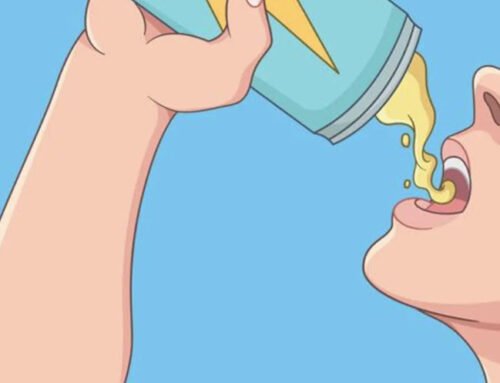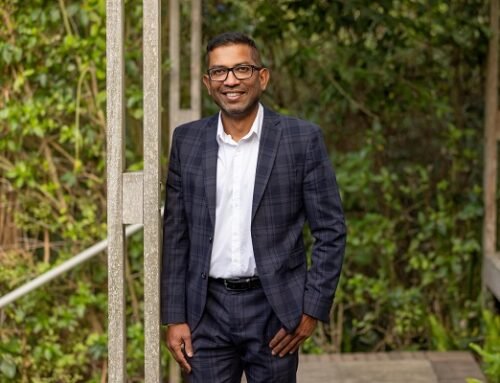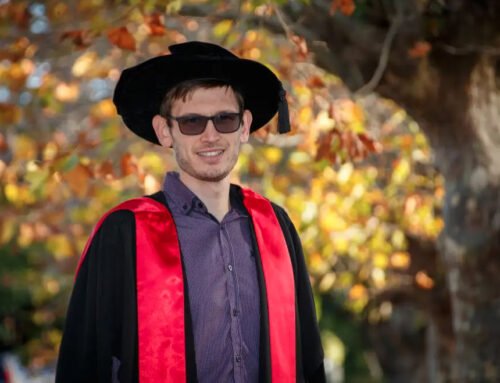Click here to see the article on Massey University news page
Caffeine is the most consumed psychoactive drug in the world and has been shown to have a performance-enhancing effect among athletes when taken in the correct doses and times.
However, the effects of caffeine intake varies between individuals, and this variation has been attributed to factors such as age, gender and more recently, genetics.
Now, a Massey University study is looking for athletic men to help researchers find out more about the effect of caffeine on sporting performance.
Sport and Exercise Science PhD student Kyle Southward is investigating two genes which have been linked to caffeine sensitivity – ADORA2A and CYP1A2.
CYP1A2 variations can be grouped into fast, medium or slow metabolisers of caffeine. The differences in the rate of caffeine metabolism are likely to influence exercise performance. Similarly, ADORA2A can be grouped into greater sensitivity to caffeine or less sensitivity.
“Little research has investigated the effects of genetics and caffeine ingestion on exercise performance. This study aims to investigate the effects of these two genotypes and caffeine ingestion on cycling endurance performance,” Mr Southward says.
“Many athletes and gym goers use caffeine as a stimulant to improve their sessions, but most people don’t know when to take it, or how much to have to make the biggest impact.”
Mr Southward says research shows a large disparity among the effects caffeine can have on different people. “While there are many factors such as age, sex, pregnancy and smoking that affect how the body reacts to caffeine, genetics seem to play a large role.
“Study participants will be tested to find out which genes they have and how caffeine affects them, and will stand to benefit from gaining knowledge of their fitness levels as well as how caffeine ingestion affects their performance – both positively and/or negatively. This will allow them to determine if caffeine can lead to an improved exercise performance and possibly could be incorporated into their future training sessions as well as tailoring the dose and timing of caffeine ingestion to their specific needs,” he says.
Mr Southward needs around 40 study participants, who meet the following criteria:
– Male
– Between the ages of 18 – 55 years old
– Able to complete 40km cycle at a moderate pace
– Able to consume caffeine (if you don’t consume any caffeine you cannot take part in this study)
– A non-smoker
– Must live in Auckland
Before the main trials begin, participants will be asked to complete a full familiarisation session, at Massey’s Auckland campus in Albany. This will accustom the athletes to the main trials. During this session, participants will be asked for a saliva sample to determine their ADORA2A and CYP1A2 genotype. Height and weight will also be measured during this initial session as well as a maximal oxygen uptake (VO2max) test.
“The main trials will consist of four three-hour sessions,” he says. “Each session will consist of a cycling time-trial in which the athletes will need to complete a pre-determined amount of work as quickly as possible. For each trial participants will attempt to complete the 40 kilometre cycle time-trial as fast as possible, however, each testing session will vary by the amount of caffeine they will consume and the time at which they will consume it.”
Participants will receive compensation for travel (a petrol voucher) and genetic test result feedback.
This study is being supervised by Associate Professor Ajmol Ali and Dr Claire Badenhorst from the School of Sport, Exercise and Nutrition and Associate Professor Kay Rutherfurd-Markwick from the School of Health Sciences.
If you wish to find out more, please contact Kyle Southward:
021 082 94518









